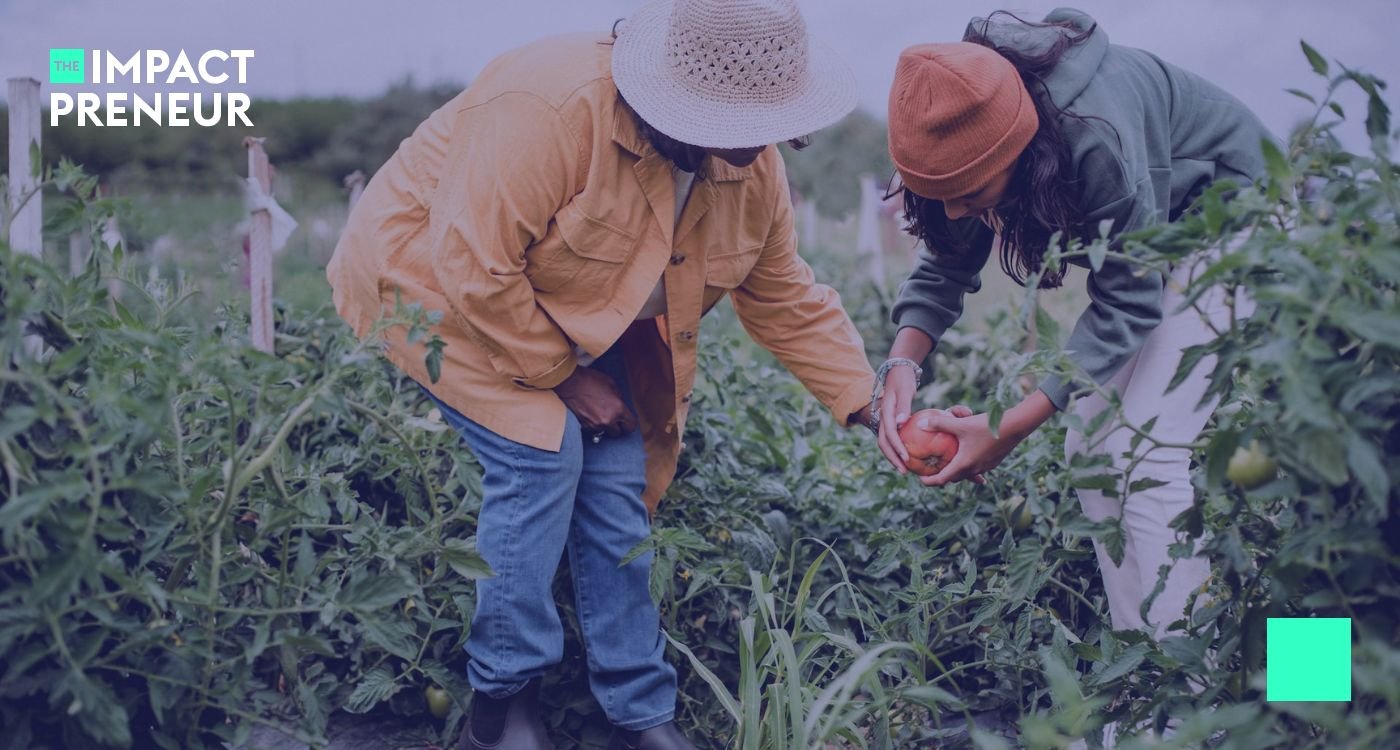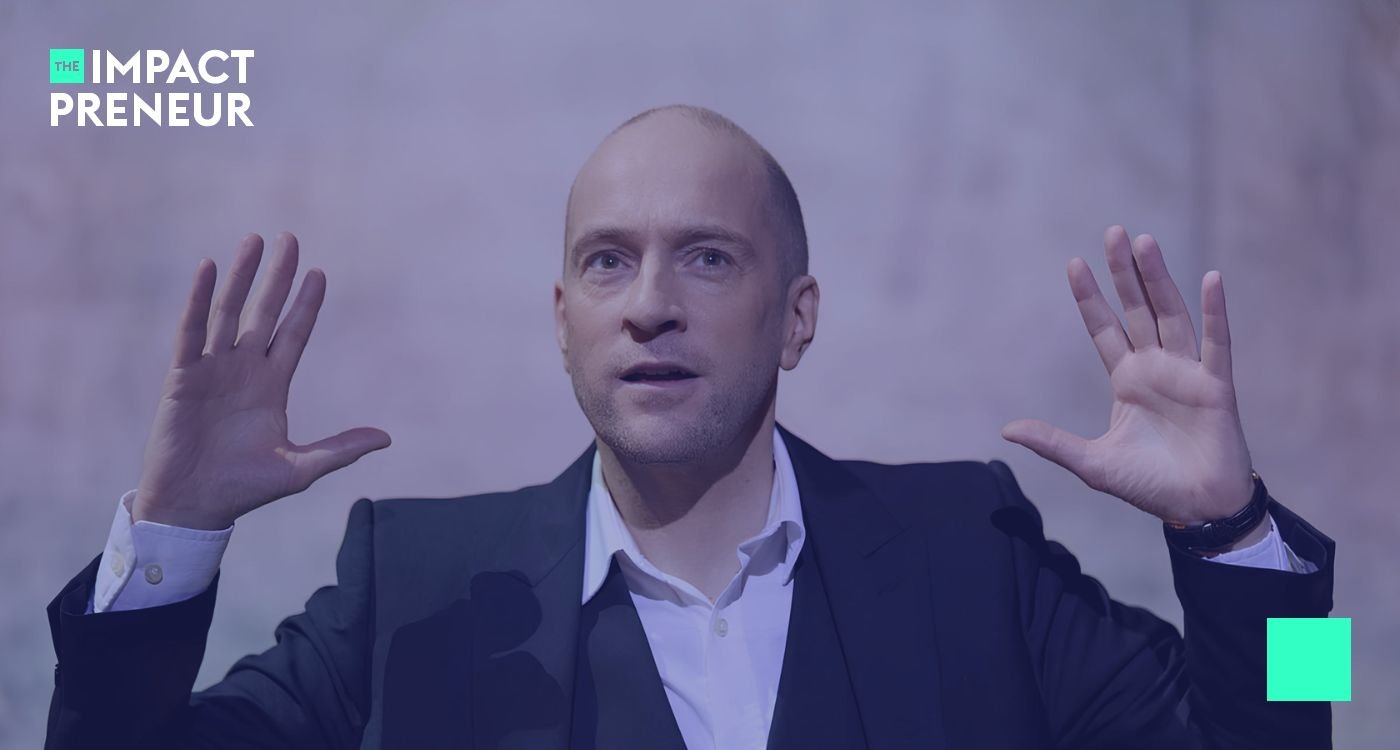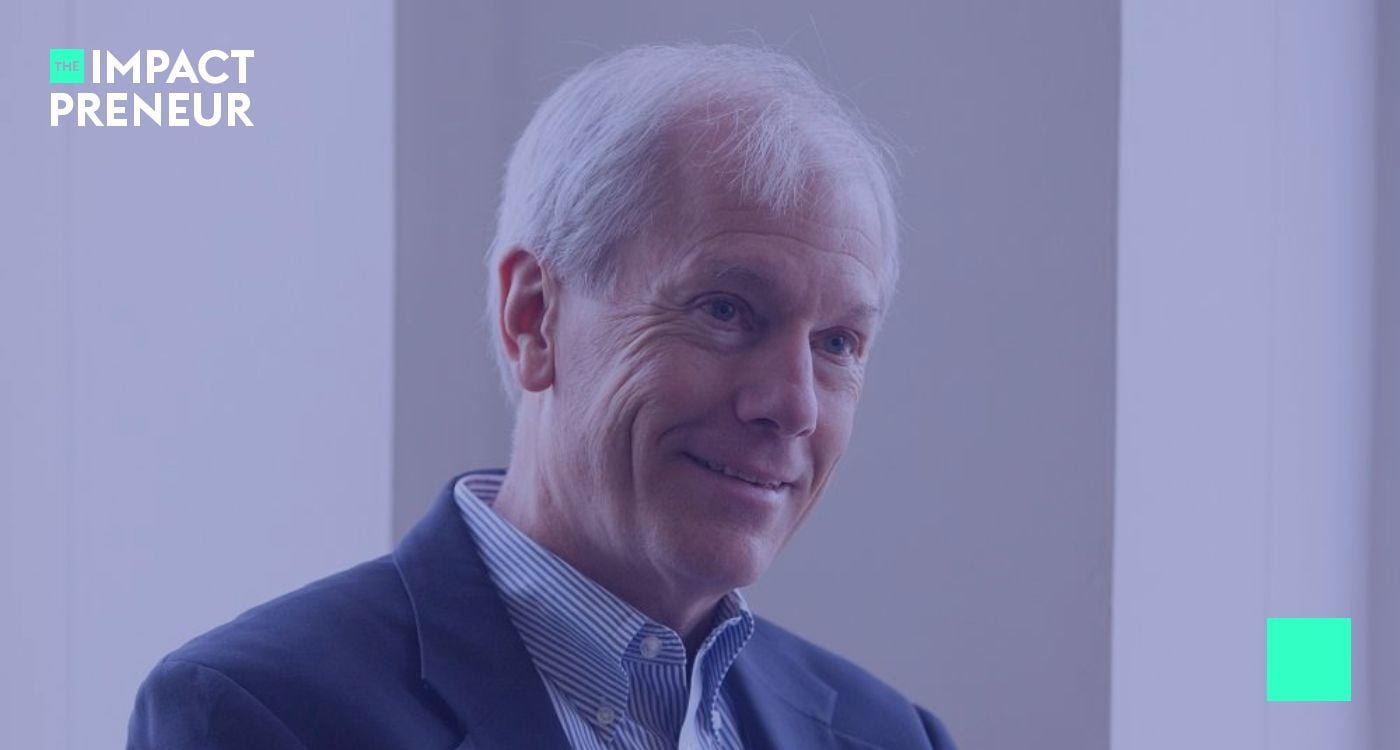Photo by: Zen Chung
Ever felt the energy when your community unites for a cause? Imagine directing that collective power against climate change. Our local actions can ignite global change, and it's about time we harness this force.
Quick Bites:
- Just like a choir outshines a solo performance, our combined efforts can create a symphony of environmental change.
- Your neighborhood recycling program? It's not just local; it's a ripple in the global pond of change.
- Every action counts: From shared gardens to community clean-ups, no act is too small in the climate battle.
- Inspiration is contagious. When you lead by example, you're not just one person changing – you're a catalyst for broader transformation.
- In the fight against climate change, our strongest ally is each other. Together, we're an unstoppable force.
The Magic of Collective Action
Ever witnessed the strength of ants working together? It's mesmerizing. They can lift objects many times their weight and conquer obstacles that seem impossible for a lone ant. Humans are no different. When we unite for a cause, our collective impact can be monumental.
Think about it. Ever joined hands with neighbors to plant trees or clean up a beach? Felt good, didn't it? That's the magic of collective action – it multiplies our individual efforts. And when it comes to climate change, a challenge that knows no borders, this unity is our ace.
Now, let's take inspiration from the past. Did you know our ancestors were masters of community collaboration? They had to be. Their survival depended on it. In ancient agricultural societies, communities would come together for planting and harvest, sharing knowledge, seeds, and labor. They understood something vital – together, they thrived; divided, they fell.
Fast forward to today, and we see modern examples of this ancient wisdom. Renewable energy cooperatives, community gardens, and local waste reduction initiatives are sprouting up globally, proving that when we come together, we can create sustainable, impactful change.
From Local Action to Global Impact
But how does cleaning up a local park or reducing waste in our neighborhood help fight a global crisis like climate change? It's all about the ripple effect. Every local action creates ripples that spread far and wide, inspiring others and multiplying the impact.
Imagine your community sets up a successful recycling program. Neighboring areas take notice and implement similar initiatives. Soon, the collective effort reduces waste on a much larger scale, decreasing landfill use and greenhouse gas emissions. And just like that, your local action contributes to a global impact.
Moreover, community-led initiatives often serve as pilot projects, showcasing practical, scalable solutions to environmental challenges. These success stories can influence policies and practices at higher levels, driving broader change.
Your Role in the Community Climate Movement
Feeling fired up to join the community climate movement? Here's how you can jump in:
- Connect: Reach out to local environmental groups or start your own. The more, the merrier!
- Participate: Join community clean-ups, tree planting events, or sustainability workshops. Every action counts.
- Inspire: Share your experiences and successes with your network. Your story can motivate others to take action.
By harnessing the collective power of our communities, we can tackle this immense challenge, one local initiative at a time. So, let's roll up our sleeves, join hands with our neighbors, and get to work. After all, we're stronger together, and together, we can create a sustainable future for our planet.
Questions on the Topic
Q: What's the big deal with waste in our current society, and how can we learn from nature?
A: Ever noticed how nature's a pro at recycling? Nothing goes to waste in the great outdoors. Now, flip the script to our human-centric world, and yikes, we've got landfills brimming with single-use plastics. Here's a kicker: nature doesn't do waste. Everything's a resource for something else. The moral of the story? We've got to mimic Mother Nature's playbook. Think circular economy, where waste gets a new lease on life, again and again. Embracing this isn't just eco-friendly; it's a nod to our survival. So, let's turn waste into our resource, shall we? After all, innovation's in our DNA – time to let it shine in tackling waste.
Q: How effective are informal waste ecosystems in managing plastic pollution, and can they teach us a thing or two?
A: Picture this: a bustling shadow economy where waste isn't wasted. Intriguing, right? These informal waste ecosystems are unsung heroes in our fight against plastic pollution, transforming 'trash' into treasure. From the nimble fingers of waste pickers to savvy recyclers, this ecosystem is a masterclass in efficiency and ingenuity. It's a testament to human resourcefulness, showing us that with the right mindset (and a dash of collaboration), we can craft solutions that are both sustainable and scalable. Plus, these systems highlight a crucial lesson: value every scrap, and magic unfolds. In a nutshell, they're not just managing waste; they're redefining resourcefulness.
Q: How can ancient agricultural practices teach us about sustainability and community work?
A: Picture this: indigenous communities from millennia ago, orchestrating their agriculture with the finesse of a symphony. They didn't just work the land; they were in tune with it. Take the indigenous strategies of controlled burning, creating a biodiverse-rich mosaic of habitats – it's pure genius. These practices aren't just history lessons; they're blueprints for sustainable living, echoing the mantra: work with nature, not against it. Inspiring, isn't it?
Q: How can we, as a global community, ensure the sustainability of our planet for future generations?
A: Here's a thought: let's treat the Earth as if we were borrowing it from our children, rather than inheriting it from our ancestors. It's all about legacy. Ensuring the sustainability of our planet is a monumental task that requires innovation, determination, and an unwavering commitment to change. It's time to roll up our sleeves, think outside the box, and push the boundaries of what's possible. Through collective action, education, and embracing sustainable practices, we can pave the way for a greener, more hopeful future. Let's make it a story worth telling.




